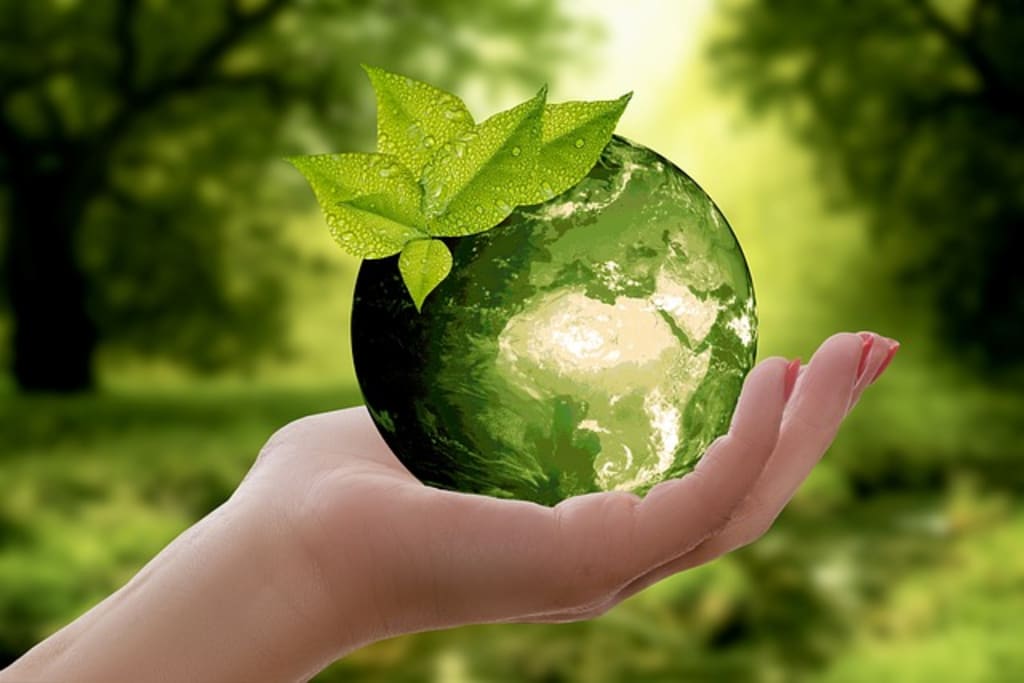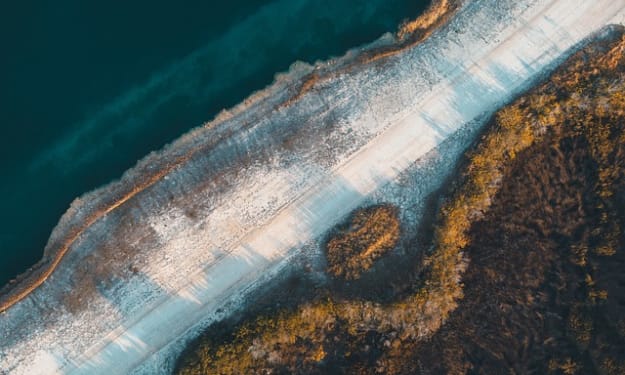How has human activity affected the Earth's natural systems, such as the atmosphere, oceans, and ecosystems?
Human activity

Human activity has had a significant impact on the Earth's natural systems, including the atmosphere, oceans, and ecosystems. As human populations have grown and industrialization has spread, the impact of human activity on these systems has increased. In this article, we will explore how human activity has affected these natural systems and the potential consequences of these impacts.
The Atmosphere
The Earth's atmosphere is essential to life on our planet. It provides us with the air we breathe and helps regulate the Earth's temperature. However, human activity has had a significant impact on the atmosphere, primarily through the release of greenhouse gases such as carbon dioxide, methane, and nitrous oxide.
The burning of fossil fuels, deforestation, and industrial processes all contribute to the release of greenhouse gases into the atmosphere. These gases trap heat from the sun, causing the Earth's temperature to rise. This phenomenon is known as global warming, and it has significant implications for the Earth's climate and ecosystems.
The effects of global warming include rising sea levels, more frequent and severe weather events, and changes in precipitation patterns. These changes can have a range of consequences for human populations, including increased flooding, droughts, and food shortages.
The Oceans
The Earth's oceans play a vital role in regulating the planet's climate and supporting a diverse range of marine life. However, human activity has had a significant impact on the oceans, primarily through the release of pollutants and the overexploitation of marine resources.
Pollution from sources such as oil spills, plastic waste, and agricultural runoff can have a devastating impact on marine ecosystems. This pollution can harm marine life, disrupt food chains, and lead to the proliferation of harmful algal blooms.
Overfishing and the destruction of coral reefs also threaten marine ecosystems. Coral reefs are home to a diverse range of marine life and provide critical habitat and protection for coastal communities. However, these ecosystems are under threat from climate change, pollution, and overfishing.
The consequences of these impacts on the oceans are far-reaching and can have significant implications for human populations. The loss of marine resources can lead to economic hardship for coastal communities, and the disruption of food chains can have a ripple effect on ecosystems worldwide.
Ecosystems
Ecosystems are the interconnected web of life that supports all living things on Earth. Human activity has had a significant impact on these ecosystems, primarily through habitat destruction, the introduction of invasive species, and the overexploitation of natural resources.
Deforestation is one of the most significant threats to global ecosystems. The loss of forests can lead to soil erosion, water shortages, and a decline in biodiversity. The destruction of habitats also threatens the survival of many species, which can lead to cascading effects on ecosystems.
Invasive species can also disrupt ecosystems by outcompeting native species for resources or preying on them. These species can alter food chains and nutrient cycling, leading to the decline of native species and ecosystems.
The overexploitation of natural resources, such as freshwater and agricultural land, can also have a significant impact on ecosystems. This overuse can lead to the degradation of ecosystems and the loss of biodiversity.
In conclusion, human activity has had a significant impact on the Earth's natural systems, including the atmosphere, oceans, and ecosystems. These impacts can have far-reaching consequences for the health and well-being of human populations, as well as the survival of many species and ecosystems. Addressing these impacts requires a concerted effort from individuals, communities, and governments worldwide to reduce greenhouse gas emissions, protect marine ecosystems, conserve natural resources, and preserve habitats. By taking action to address these issues, we can help ensure a sustainable future for our planet and all the life it supports.





Comments
There are no comments for this story
Be the first to respond and start the conversation.